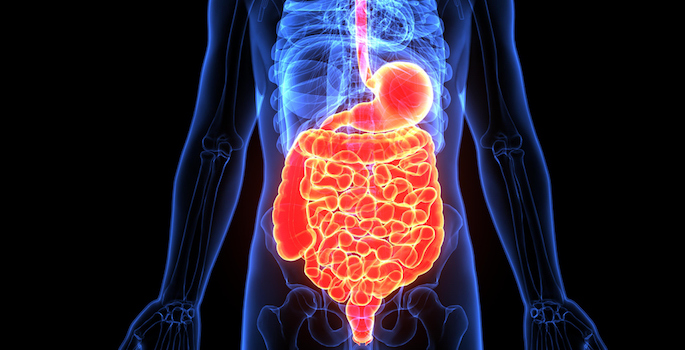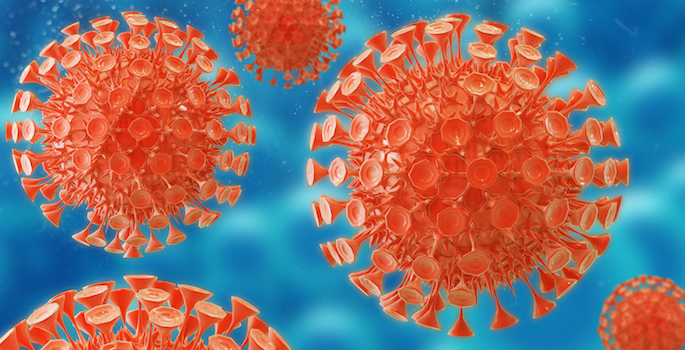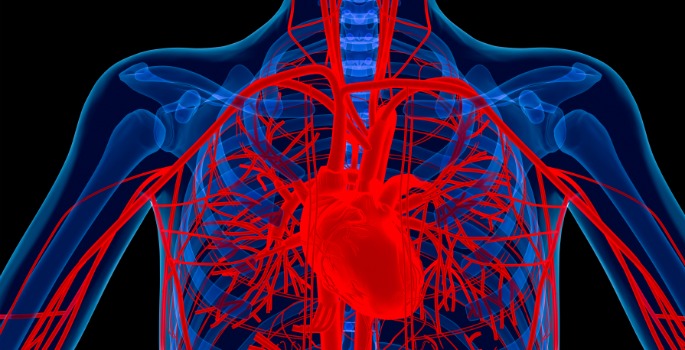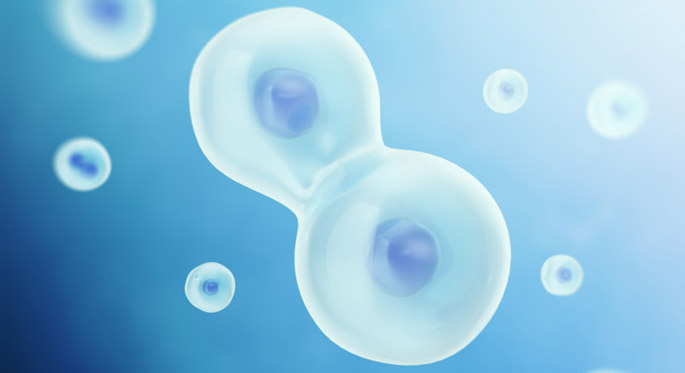NCATS
-

ID of ‘stomach flu’ culprit
Identifying the norovirus genotypes associated with more severe infections in children could guide strain selection for candidate norovirus vaccines. Read MoreAug 6, 2020
-

A connection to schizophrenia
The insula, a small region of the brain involved in diverse brain functions had widespread dysconnectivity in schizophrenia, Vanderbilt researchers found. Read MoreJun 23, 2020
-

Transporter’s role in gut barrier
A disease-associated mutation in a transporter protein impairs gut barrier function, leading to gastrointestinal disease and chronic infections. Read MoreApr 21, 2020
-

Damage, disruption, delirium
New findings suggest that treatments that decrease oxidative damage might help with postoperative delirium that occurs in up to 30% of cardiac surgery patients. Read MoreApr 20, 2020
-

Race, hormones and diabetes risk
Variation in the levels of hormones called natriuretic peptides may contribute to racial differences in susceptibility to diabetes, suggesting that this hormone system may be a target for reducing risk of the disease. Read MoreApr 8, 2020
-

Imaging breast cancer cell size
A noninvasive MRI approach assesses breast tumor cell size and could be a useful way to evaluate early response to neoadjuvant therapy. Read MoreFeb 10, 2020
-

Protein dynamics in the beating heart
To study the dynamics of structural proteins in the heart, Vanderbilt investigators generated a cellular tool they expect will be useful for screening drugs that affect heart muscle contraction. Read MoreDec 16, 2019
-

Getting the goods on obesity
Obesity and two post-operative complications linked with it have associated genetic variants in common, suggesting that obesity may be the culprit. Read MoreNov 19, 2019
-

RSV transmission in the Middle East
Understanding how RSV is transmitted, which strains dominate and how new strains emerge around the globe will guide better vaccine and anti-viral drug design. Read MoreNov 14, 2019
-

A new regulator of B cell development
New findings establish a role for the pro-inflammatory molecule IL-33 in the early development of antibody-producing B cells. Read MoreOct 8, 2019
-

Study: personalized decision support affects intensive care
For patients in pediatric intensive care who are at high risk for acute kidney injury (AKI), giving clinicians automated decision support during the electronic order entry process increased the rate of blood testing for AKI by 9%. Read MoreOct 3, 2019
-

Treating C. diff: new purpose for an old drug?
An inexpensive generic drug once used to prevent gastrointestinal ulcers in people taking daily NSAIDs protects against C. diff infection in mice. Read MoreSep 24, 2019
-

Early detection of schizophrenia
Inhibited temperament—a tendency to respond to novelty with wariness, fear or caution—may be a risk factor for schizophrenia that could be targeted for preventative interventions. Read MoreJun 24, 2019
-

Cardiac dysfunction in Duchenne’s
Jonathan Soslow and colleagues have found more clues to why people with Duchenne muscular dystrophy are at risk for a certain kind of heart problem. Read MoreApr 4, 2019
-

Pain relievers a risk for C. diff?
David Aronoff and colleagues report an increased risk of the serious gastrointestinal infection C. diff following the use of NSAID pain relievers. Read MoreJan 17, 2019
-

Breast cancer-killing RIG
New research led by Rebecca Cook demonstrates that an antiviral receptor called RIG-I has potent immunogenic and therapeutic effects in breast cancer. Read MoreDec 19, 2018
-

A “public” target for HIV
Common sequences of antibodies against HIV may be key to developing a successful vaccine strategy for the virus. Read MoreJun 8, 2018
-

Records point to drug-drug interaction
Patients who take a cholesterol-lowering statin drug while taking the antibiotic daptomycin have increased risk of developing muscle weakness or a more severe form of muscle damage. Read MoreMay 7, 2018
-

Gene expression in mitral valve disease
A protease gene family may be new targets for treating mitral valve disease, which causes blood to flow backwards in the heart. Read MoreApr 25, 2018
-

“Idling” cancer cells may return
Vanderbilt investigators have discovered that cancer treatment induces an “idling” state for cells, which could promote resistance to treatment. Read MoreApr 11, 2018